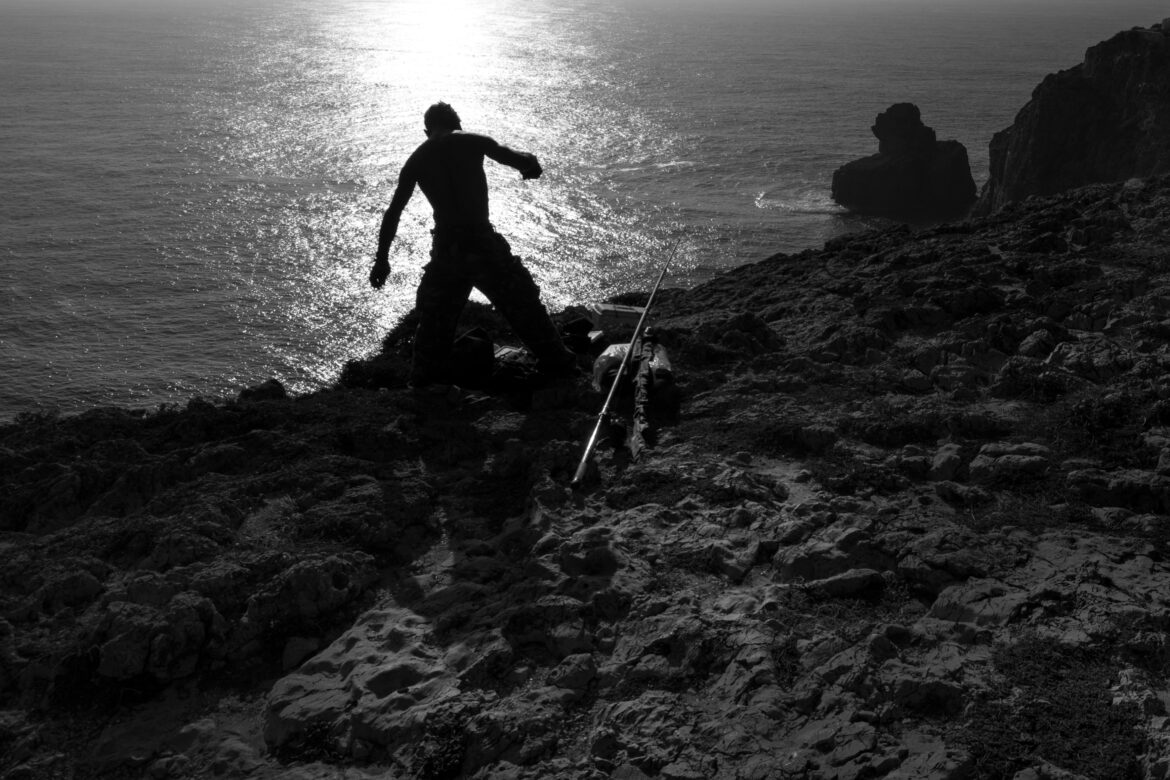Delving into the age-old adage of teaching a man to fish versus providing him with a fish, this article navigates the intricate connection that exists between self-reliance, charitable giving, and systemic poverty within development discourse. It unravels the paradoxes underlying these paradigms, advocating for a complete reevaluation of distributive practices to achieve truly inclusive progress.
The age-old proverb “Give a man a fish and you feed him for a day. Teach a man to fish and you feed him for a lifetime” has long ubiquitously framed debates on poverty alleviation and sustainable development. As stated by Amira Mittermier, author of Islamic Ethics of Giving “It is interpreted as better to work and make a living than to extend one’s hand and rely on other people. Commonly, this is taken to be the “progressive” view; the forward-looking one”. A dogma that can range anywhere from its implementation of microfinance initiatives in developing areas to corporate training workshops. However, critics have argued that by advancing the latter doctrine, the phrase, in turn, diminishes the value of distributive practices–most often completed by pious givers.
Consequently, a pervasive paradox is born; a subsequent valorization of self-reliance and autonomy that resonates with the ideals of progressivism. Yet, beneath this veneer of a supposed and destined prosperity, lies a much deeper narrative that, ultimately, obscures the systemic barriers that are responsible for poverty in the first place. By lionising the ‘fisherman’ archetype, the infamous proverb fails to offer a solution to poverty–not because it is grandiose, but rather, its tragic flaw is one that falsely assumes that said impoverishment results from a lack of skills or education. Such an outlook is prey to ignoring the enormous power of class structures and the oppression and exploitation that almost inevitably result from said class differences. This “productionist paradigm” which has long dominated development programs, as well as discourses of the radical left, is outdated. Put simply, both literally and metaphorically, there are not enough fish in the sea that can accommodate everyone becoming a fisherman.
Moreover, the dominance of this paradigm in development discourse has proliferated the fallacy of infinite resources and boundless opportunities. Teach a man to fish, but who will provide the ocean? the rod? Through this metaphor, a prevailing ethos of unbridled production and consumption, symbolic of its predecessor of neoliberal economic frameworks, has not only precipitated the depletion of natural resources but exacerbated societal disparities.
Distribution should not be dismissed as a temporary fix in lieu of limited tools but recognized as a complementary catalyst for social justice. By reframing distribution as a means of fostering inclusive development, we can transcend conventional paradigms and embrace a holistic approach to poverty alleviation, especially through an overlooked form of support: pious giving.
In the wake of natural disasters, conflicts, or other emergencies, it is there that the values of pious giving provide, offering solace and support where self-sufficiency aid struggles to penetrate. Yet, pious giving transcends mere charity–a classification imparted by its neoliberal humanitarian counterpart. In this sense, pious giving becomes more than an instantaneous transaction of material goods; it becomes an expression of shared humanity, a tangible manifestation of our interconnectedness and mutual interdependence. There is no guilt imparted on the recipient or the expectation of returning the offer. This essential duty means that pious giving will assist regardless of whether development aids are implemented or not.
This is because, in the realm of development aid, there exists an inherent competition for resources and attention. Like contestants in a contest, countries and regions present their case, hoping to be selected as worthy recipients of assistance and investment–arguably “marketing” and “performing” their poverty as the worst one. In this landscape of aid allocation, simply not everyone is allowed nor granted to partake in the supposed skills and resources touted as the pathways to success. Thus, it is no surprise the closing selection process has been one that is found to often favour those deemed most strategic or politically expedient to assist.
However, in contrast, pious giving extends a helping hand unconditionally, driven by principles of compassion, empathy, and solidarity. It is capable of transcending the confines of geopolitical calculations and humanitarian crises, reaching out to those overlooked or forgotten by conventional aid mechanisms. Whether in times of abundance or scarcity, pious giving will remain a steadfast ally, offering solace and succour to the most vulnerable.
What we stand witness to in our contemporary discourse, is the existence of a subtle but pervasive confusion surrounding the concept of charity. When confronted with the stark reality of someone’s anguish, is it morally justifiable to withhold aid in pursuit of long-term solutions? Should we prioritise principles of self-sufficiency and empowerment at the expense of providing immediate relief to alleviate someone’s pain and distress? To deny someone the solace of “charity” in their hour of need is to forsake our shared humanity and betray the very essence of compassion. The very same values we originally claimed to forge our path of development. Ultimately, we must understand that distribution is not a peripheral concern but should be understood as a cornerstone of inclusive development–one that ensures that the benefits of development accrue to all members of society, particularly the most vulnerable.
Edited By Susana Baquero-Salah
Katerina Ntregkas is in her second year at McGill University, currently pursuing a degree in International Development Studies with a minor in Communication Studies. As this year’s Staff Writer for Catalyst, Katerina is determined in analyzing the discourse between the intersection of media and developing world politics.

